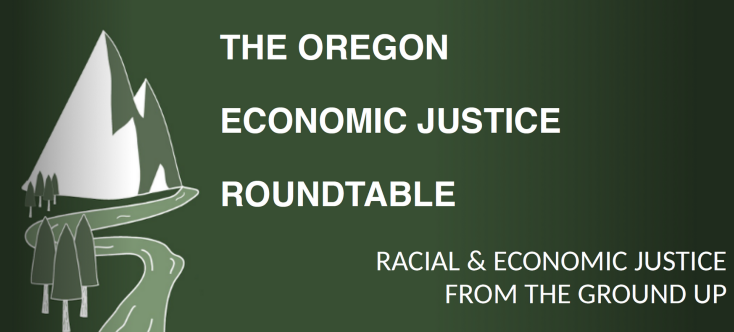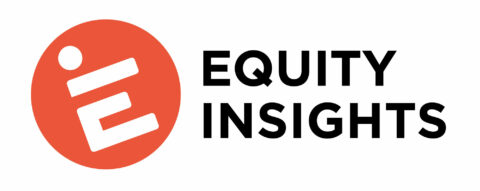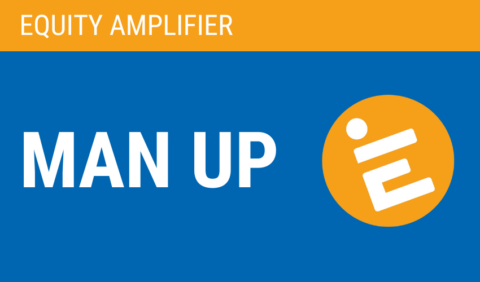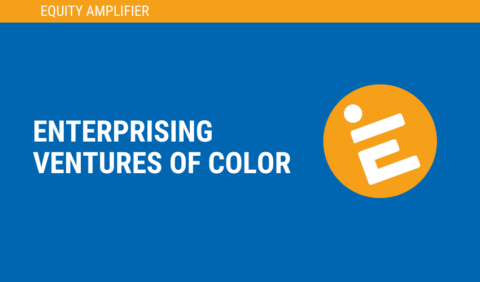Asset Funders Network introduces the Equity Amplifier for Economic Security (EA), a new monthly spotlight series highlighting organizations or nonprofits focused on building economic security/asset building in communities of color.

DOWNLOAD AN INFO SHEET ON THE OREGON ECONOMIC JUSTICE ROUNDTABLE
The Oregon Economic Justice Roundtable (OEJR) is a shared table of funders, advocates, and other nonprofit organizations, working to advance collective, sustained action for racial and economic justice.
The OEJR seeks to:
- Create systems of abundance by and for Black, Indigenous, Latinx, Asian, and all communities of color so that all Oregonians live beyond the basics of safety and security, and into the freedom to actualize dreams.
- Operate as a new approach. We co-create and activate our values and principles throughout our work and prioritize decision making by organizations led by people of color.
- Advance narratives that nourish belonging, respect and dignity among and between communities and people and enact and sustain policies which center community and equity in the distribution of wealth and power.
WATCH and LISTEN to the interview with The Oregon Economic Justice Roundtable:
[zoomsounds id=”oejr-audio-part-1″]
[zoomsounds id="oejr-audio-part-2"]
[zoomsounds id="oejr-audio-part-3"]
Q&A with Annette Case and Carlos David García, Co-leads, OEJR
Can you provide an example of a program or initiative that your organization is spearheading to advance economic opportunity and prosperity for communities of color?
OEJR proposes co-creating a collective community of practice among community-based organizations and funders to identify, dig into and confront problematic narratives.
We’ll conduct a landscape analysis to identify harmful narratives within our organizations and field and support each other to unwind them.
How does this work impact communities and populations that are historically marginalized, underserved, and/or under-resourced?
Narratives shape the way problems and priorities are identified, and are deeply embedded in our culture, limiting the types of solutions that are viewed as acceptable and possible. Narrative can also play a positive role in understanding the problems we are trying to solve and raise up solutions to root causes.
One of America’s primary cultural narratives about poverty centers individual responsibility and ignores systemic barriers, predatory practices, and racism. These powerful narratives negatively drive public policy that may appear supportive, but prioritizes individual behavior change and leaves inequitable systems intact.
Real, transformative change becomes possible only when we change cultural narratives and we are clear about what we want to change. By co-creating a new shared economic justice narrative that centers the assets of people of color and recognizes the impacts of racist systems and structures, the project will help build hope and momentum towards a better future.
s
What are some specific barriers or biases from within philanthropic organizations that you believe are hindering diverse organizations from accessing adequate funding or support?
“Lean” and “efficient” are two words that do not go with equity. Organizations led by people of color face operational funding shortages, along with inadequate resources to sustain and strengthen programs and operational infrastructure.
The traditional paradigm, that a well-run nonprofit organization should maintain low administrative expenses, creates a false dichotomy that some staff’s work is more important that other staff’s work. All program work would grind to a halt without the work of our operational infrastructure/admin teams.
Funders need to question certain practices, insure their actions and practices truly reflect their commitments to racial equity and center the communities most impacted that are closest to the solutions.
Specifically:
- Fund general operating expenses and trust organizations know how and where those funds are best
utilized, giving them the autonomy to invest where they see fit. - Reduce or eliminate reporting requirements that create additional barriers for organizations, especially smaller organizations led by people of color. Consider how your philanthropic organization defines success and “a track record” and does that lead to primarily funding white, dominant culture organizations with substantial development capacity? How can your organization change those dynamics?
- Oversaturate organizations with resources to meet their vision and mission in order to re-balance longstanding inequitable funding practices and accurately fulfill the capacity of organizations led by people of color. Provide 3-5 -year funding commitments, so organizations have some certainty and sustainability for more than just 12 months.
Name one thing funders need to be cognizant of when connecting or partnering with diverse organizations and communities?
We ask funders to show up, learn about the issues and be supportive allies in the work in order to build authentic relationships, and generate a mutual flow of trust, and then, to share power knowing organizations will do the necessary work to create and implement solutions for their communities.
To truly meet the needs of our BIPOC communities we must move past seeing interactions as merely transactional, but built on mutual, trust-based relationships.
Funders who wish to learn more about OEJR can contact the Co-leads of the OEJR: Annette Case, Asset Funders Network | Carlos David García, Neighborhood Partnerships
About the Equity Amplifier
The EA serves as a space where philanthropy can engage with communities of color and examine how funders are addressing concerns in a manner that is intersectional and inclusive. Each month, AFN members will have the opportunity to access organizations and nonprofits in communities of color that are focused on economic security and asset building, including an informational brochure and a brief interactive virtual video presentation.
As a benefit of AFN membership, funders may nominate local nonprofits focused on building economic security/asset building in communities of color to highlight as part of the EA series. AFN members will also receive the opportunity to participate in a brief interactive virtual video presentation that will be shared with national AFN membership, allowing your organization to showcase innovative models and best practices to help build a more secure future for diverse communities.
How can funders get involved?
For more information or to nominate an organization or nonprofit led by people of color for the AFN EA, visit our website or contact AFN at info@assetfunders.org.


